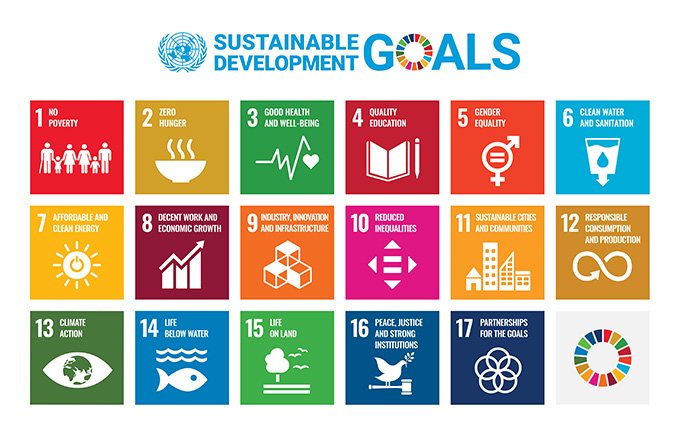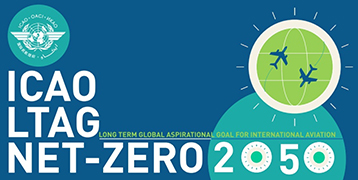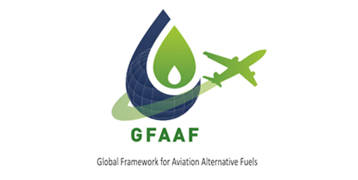Opportunities and challenges arising from european sustainable aviation fuel regulations: A case study approach
Journal of the Air Transport Research Society
• Volume 5
(2025)
FEATURED BOOK
Sustainable Aviation Fuels (SAF) have an increasing importance and with that influence on international aviation competition. The reason for this development is, that despite the relatively low contribution to global CO2 emissions compared to other areas, the 2 % emissions of the aviation sector still have a significant impact regarding climate change. As action is required the International Air Transport Association, the International Civil Aviation Organization and other international organizations including governments have recognized that the aviation sector needs to achieve net-zero emissions by 2050. For this aim, SAF are crucial components together with fleet renewal and operational efficiency. A comparative case study between two international passenger airlines showcases the challenges and opportunities coming from this development. Expert interviews and a customer survey give insights in the market and the competition dynamics: Implementing strong sustainable measures lowers the profit margins significantly for airlines nowadays, but as the customer demand for sustainable solutions is expected to grow, the necessity of sustainable practices as eco-friendliness will become a competitive advantage. Already now, consumers showed a willingness to pay for sustainable options as well as a strong preference for sustainable flights over non-sustainable ones.
*Sustainable Aviation Fuels *Aviation Competition *Sustainability *Willingness to Pay *ReFuelEU



 Back
Back



